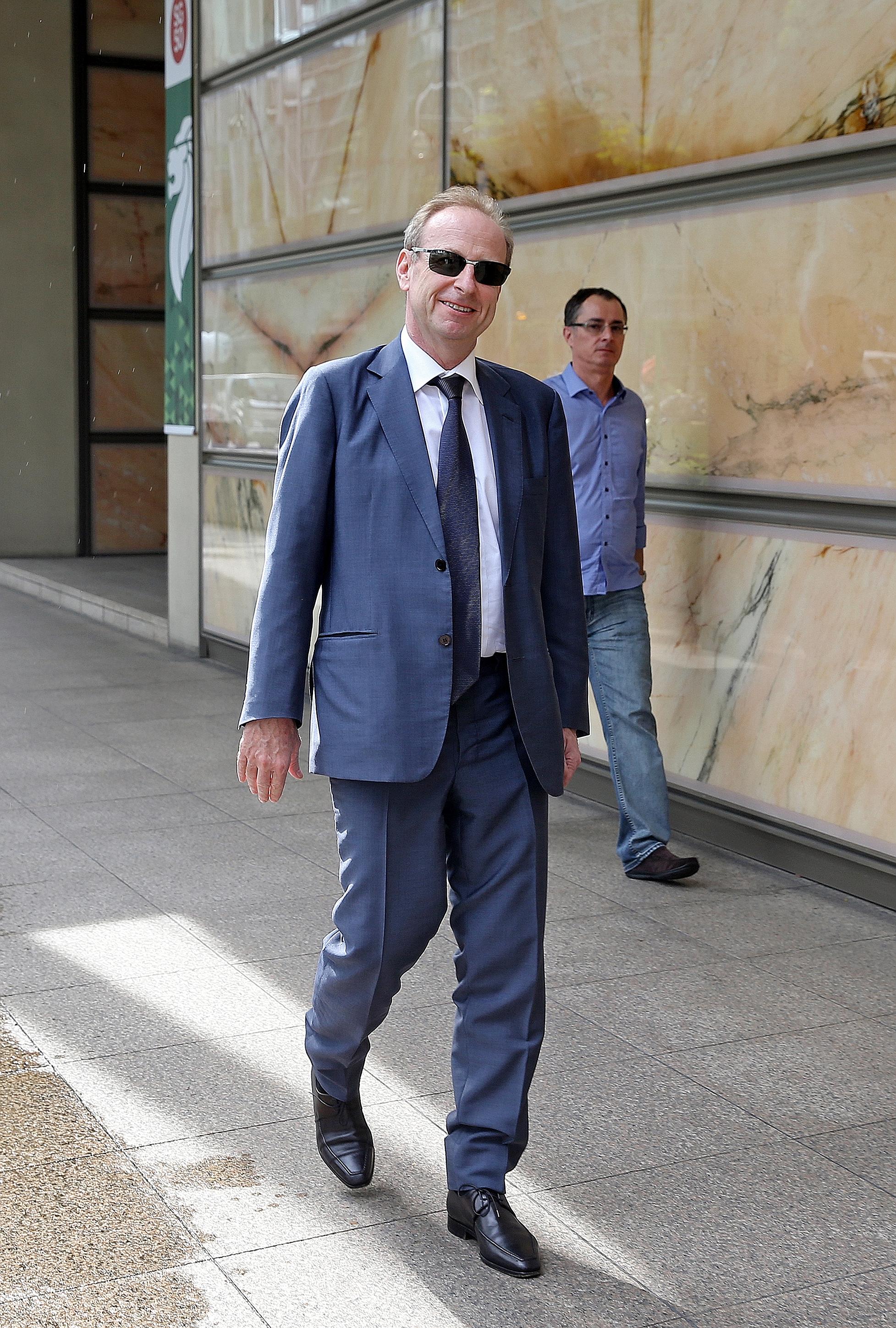Fraud case: Art dealer's assets unfrozen by court
Sign up now: Get ST's newsletters delivered to your inbox

Mr Yves Bouvier arranged for the purchase of artworks by a Russian billionaire and is accused of inflating the prices. His stand is that he was entitled to mark up the prices as an independent seller.
ST PHOTO: SEAH KWANG PENG
The Court of Appeal has unfrozen the assets of a Swiss businessman and art dealer accused of fraud by a Russian billionaire over US$1 billion (S$1.4 billion) worth of alleged mark-ups on masterpieces by the likes of Picasso and Van Gogh.
In lifting the worldwide Mareva injunction against Singapore permanent resident Yves Bouvier, the court found there was no real risk of him dissipating his assets.
The court also held that the injunction obtained against him by two companies linked to Mr Dmitry Rybolovlev was an abuse of the court's process.
The court concluded this based on factors that included the companies' failure to follow procedure to give Mr Bouvier notice of the application and informing the international media shortly after the injunction was obtained.
"We are satisfied that it was deployed as an instrument of oppression to inflict commercial prejudice on Mr Bouvier," said Chief Justice Sundaresh Menon, in an 89-page written judgment on Friday .
Two similar injunctions against Mrs Tania Rappo, who plays a subsidiary role in the dispute, and Mr Bouvier's corporate vehicle, MEI Invest, were also quashed.
The fight between Mr Bouvier and Mr Rybolovlev revolves around the Russian's acquisition of 38 masterpieces, which include the Da Vinci painting Salvator Mundi.
The deals were arranged by Mr Bouvier, 51, who bought the artworks through MEI Invest. He runs a business that ships and stores art and has majority stakes in freeports - vaults for the rich to store art and other valuables, free of tax - in Singapore and Luxembourg.
Mr Rybolovlev, 48, purchased the pieces using the companies Accent Delight International and Xitrans Finance, owned by his family trusts.
Their relationship, which dates back to 2003 when they were introduced through Mrs Rappo, a family friend of the Rybolovlevs, broke down late last year. Mr Rybolovlev accused Mr Bouvier of inflating the prices of the works. He claimed that a Modigliani obtained through Mr Bouvier for US$118 million had been sold by the original seller for US$93.5 million.
Mr Bouvier's version of events is that Mr Rybolovlev was upset when the Swiss dealer failed to deliver a €140 million (S$222 million) Rothko painting.
His stand is that he was entitled to mark up the prices as an independent seller. Mr Rybolovlev's companies contend that he had breached his duties as their agent.
In January, the companies filed criminal complaints in Monaco against Mr Bouvier and Mrs Rappo.
In March, the companies filed a civil suit in Singapore and obtained injunctions to prevent Mr Bouvier and MEI Invest from moving assets of US$500 million each and Ms Rappo of US$100 million. Mr Bouvier and Mrs Rappo appealed.
On Friday, the Court of Appeal ruled in their favour and set aside the Mareva injunctions.
The court said that the central question was whether there was a real risk that Mr Bouvier and Mrs Rappo would dissipate their assets.
Although it was argued that they had acted dishonestly, the court said these allegations did not have a real and material bearing on the risk of dissipation.
Mr Bouvier and Mrs Rappo have applied for the Singapore suit to be suspended on grounds that a legal action on the same dispute is pending in another country. The applications have been fixed for hearing in the High Court.


